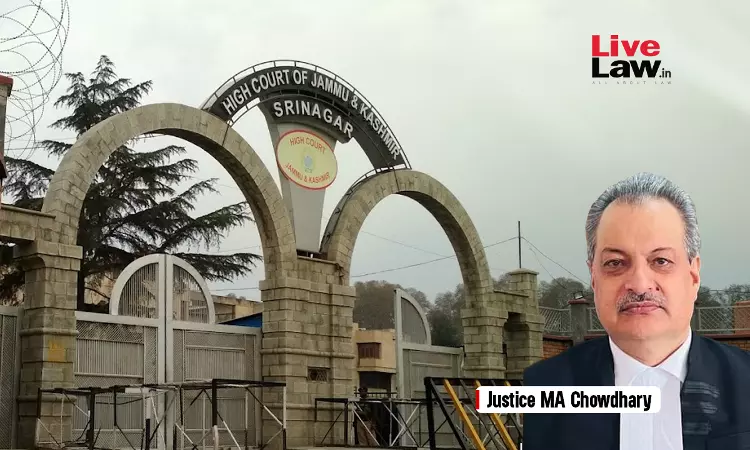The Jammu and Kashmir and Ladakh High Court has recently held that a Labour Commissioner is competent to review his ex-parte orders, while hearing an application to set aside such ex-parte award.A bench of Justice M.A Chowdhary clarified that given the applicability of Order IX Rule 13 of the Code of Civil Procedure(CPC), as provided under Rule 31 of the J&K Workmen's Compensation Rules...

